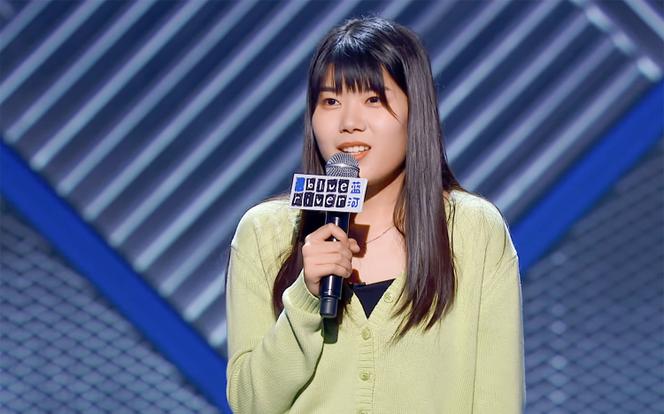


Even on a Monday evening, the Er Sansan Talk Show comedy club in the heart of Shanghai was packed. A man in his thirties, shaved head, large white T-shirt and large glasses, performed in front of a hundred or so young spectators plunged into darkness. He got the audience going with a few jokes asking the crowd to practice clapping loudly. He also issued a few instructions: videos were forbidden. It's out of the question to "burn" the punchlines – those short, concise, punchy phrases – that comedians use on social media. Four comedians took to the stage, three women and one man. The organizers saved the best for last. There was more laughter. The audience may not have been roaring, but they still had a good time.
"It's always a bit harder to get people to laugh during the week – they're less relaxed," said Yao (name changed), the evening's presenter, who preferred to remain anonymous. There exists another factor that affects the atmosphere: every joke must be approved by the Culture Bureau before it can be told. Talking about politics or sex is not an option, even if those are the stand-up comics' favorite subjects.
Despite censorship, this type of show has enjoyed rapid growth in China over the last decade. Inspired by the Anglo-Saxon stars of the genre, comedians – many female – have emerged. The Chinese scene took off in 2016 with the TV show "Rock & Roast," a talent show in which contestants come on stage for short performances and are selected by the public.
Today, shows are staged in all the country's major cities, and there are a growing number of comedy clubs. But as the discipline reaches a wider audience, it attracts the attention of Chinese censors and "loses its freshness," said Yutao – his first name has been changed at his request – a 28-year-old comedian based in Xiamen, a city in the southeast of the country.
In Beijing, a comedian on stage describing his dogs' passion for chasing a squirrel had the unfortunate idea of using a Chinese army slogan to illustrate his joke: "Maintain exemplary conduct, fight to win." That proved to be a mistake. Spectators filmed his performance, which ended up on social media, provoking the ire of Chinese patriots.
An institution like the army is not to be trifled with. Indeed, Beijing's Bureau of Culture and Tourism accused the comedian, Li Haoshi, of "serious insult" to the People's Liberation Army and "harmful societal impact". The Xiaoguo studio, promoter of the show, was fined 13 million yuan (€1.6 million), banned from further performances and invited to "reflect deeply" on its actions.
You have 55% of this article left to read. The rest is for subscribers only.
